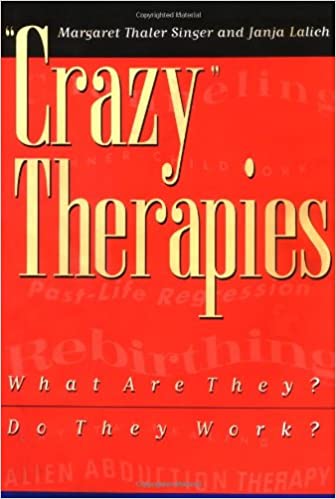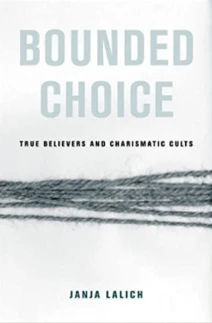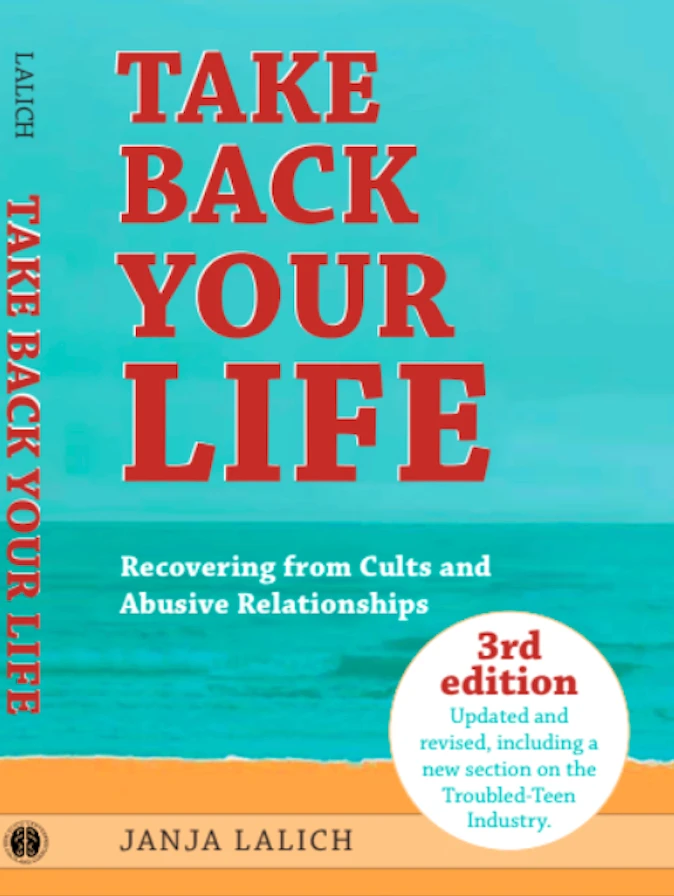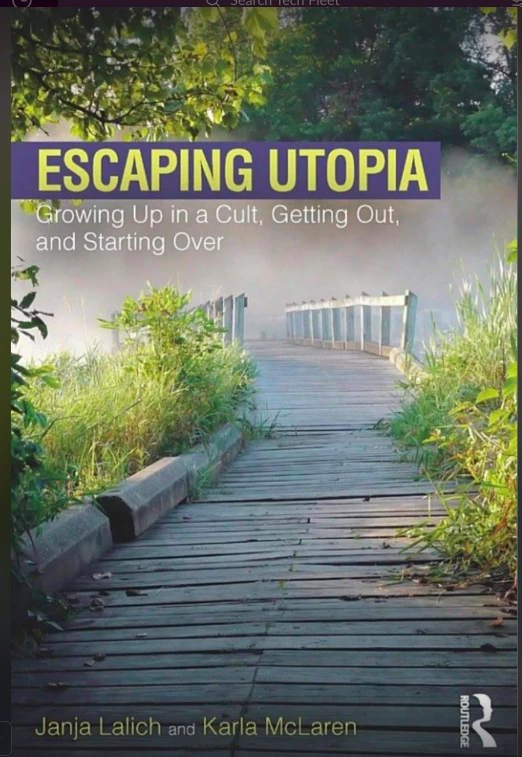About Dr. Lalich

Janja Lalich, Ph.D.
Professor Emerita of Sociology is an international authority on cults, extremism, and coercion.
Read Dr. Lalich’s personal essay:
“What does the Lalich Center mean to me?”
Education
Dr. Lalich is a Professor Emerita of Sociology at California State University, Chico, where in 2007 she was awarded the Professional Achievement Honor. She was the founder and director of the Center for Research on Influence and Control. She received a B.A. with Honors from the University of Wisconsin. She has a Masters in Human Development and a Ph.D. in Human and Organizational Systems from Fielding Graduate University in Santa Barbara, California.
Books
Dr. Lalich has written and lectured extensively and is author, coauthor, or editor of numerous books, articles, and chapters. Her most recent book is the revised and updated 3rd edition of Take Back Your Life: Recovering from Cults and Abusive Relationships (Lalich Center on Cults and Coercion, 2023). Take Back Your Life has been the number one book used by former cult members, families, and professionals. Her book Escaping Utopia: Growing Up in a Cult, Getting Out, and Starting Over has been instrumental in increasing understanding of the needs of born and raised in survivors.
Other works
Dr. Lalich has appeared on numerous national and local television and radio news programs, such as Meet the Press, NPR’s Morning Edition and To the Best of Our Knowledge, and BBC radio’s Thinking Allowed. She has been featured in or advised on numerous documentaries and programs on the cult phenomenon. She has been interviewed by print media across the nation and worldwide, as well as Internet programs, such as Psychjourney Book Club, Time/CNN Impact, and Omni magazine’s LiveScience online. Dr. Lalich has also appeared on numerous podcasts, which are easily found on any podcast platform.
First-Hand Experience
Dr. Lalich was part of a radical Marxist-Leninist group, the Democratic Workers Party, in California in the 1970s and 80s. She later came to realize the group was a cult.
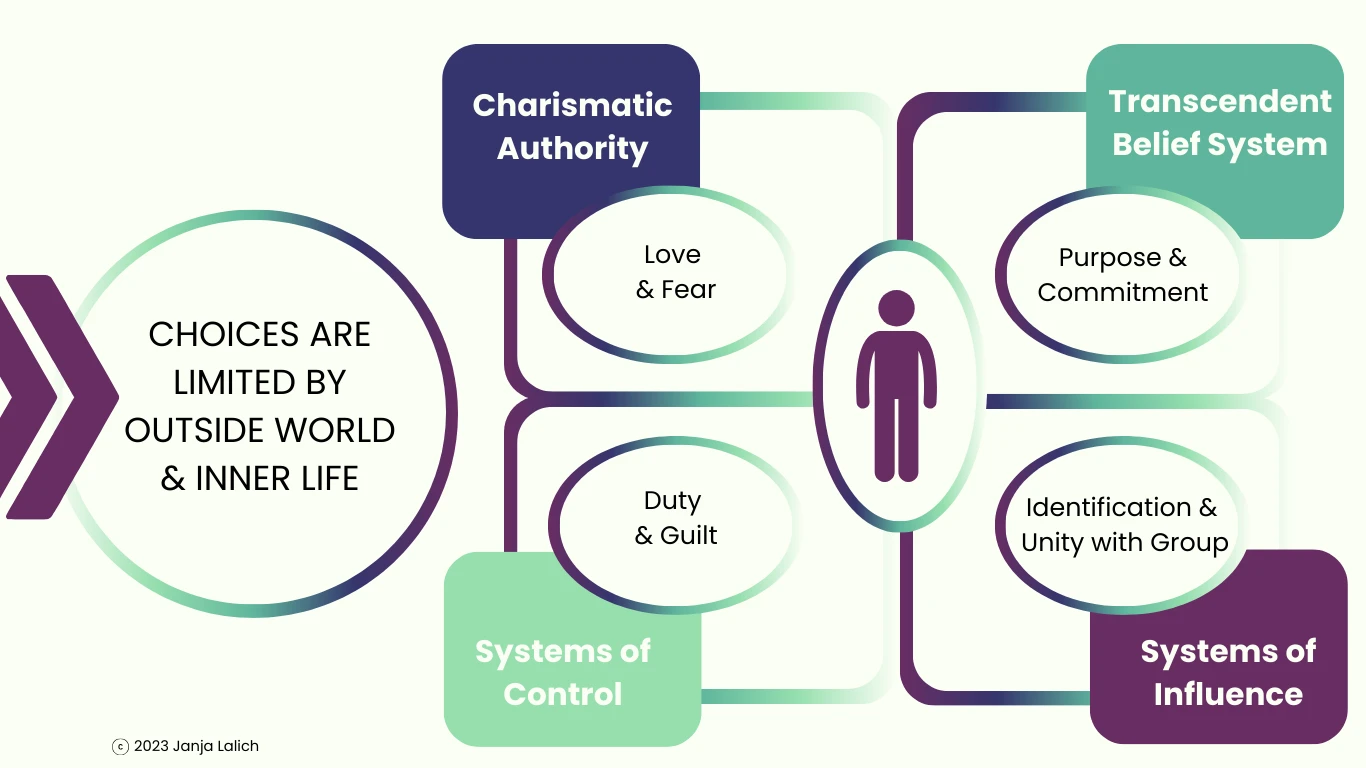
Bounded Choice
The bounded choice framework highlights four interlocking features present in cults: charismatic authority, transcendent belief system, systems of control, and systems of influence. It explains how normal, intelligent people become enmeshed in extreme ideologies that appear bizarre or unrealistic, if not dangerous. Dr. Lalich’s work illuminates how abuse of power and indoctrination leads to a self sealing system, in which people succumb to the illusion of choice.
Ted-Ed Lesson
Why do people join cults?
Today, there are thousands of cults around the world. Broadly speaking, a cult is a group or movement with a shared commitment to a usually extreme ideology that’s typically embodied in a charismatic leader. But what exactly differentiates cults from other groups – and why do people join them? Janja Lalich describes how cults recruit and manipulate their members.
Books
Women Under The Influence
Edited by Janja Lalich, this special issue of Cultic Studies Journal explores issues of dominance, control, and exploitation of women in groups. Chapters examine why women are attracted to totalistic groups, how they are manipulated, and how they can be helped. Personal accounts provide dramatic examples of the issues discussed.
Crazy Therapies
Meet Beth, Rose, and Harold. Their stories are, for lack of a better word, Crazy.
These are just some of the people you will read about in “Crazy” Therapies, a startling exposé of the alternative philosophies and practices that can be found in today’s ever-growing psychotherapeutic marketplace.
Generally, these enthusiastic, and perhaps ill-trained, therapists are themselves convinced of the healing powers of an array of techniques, some dating far back into time, that range from hilarious to hazardous.
Escaping Utopia: Growing Up in a Cult,
Getting Out, and Starting Over
Based on interviews of 65 survivors, from 39 different cults, this book explores fundamental questions about human nature, human development, group dynamics, abuse and control, and the triumphs of the human spirit in the face of intense and extended suffering.






